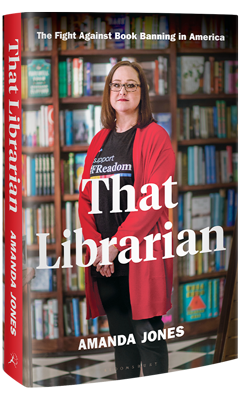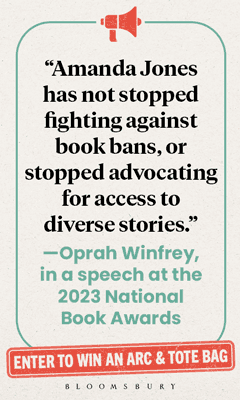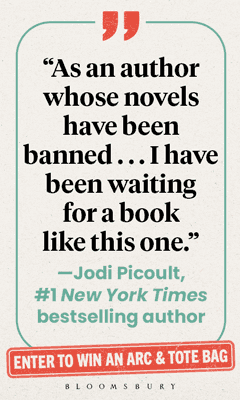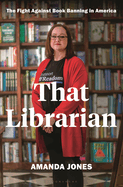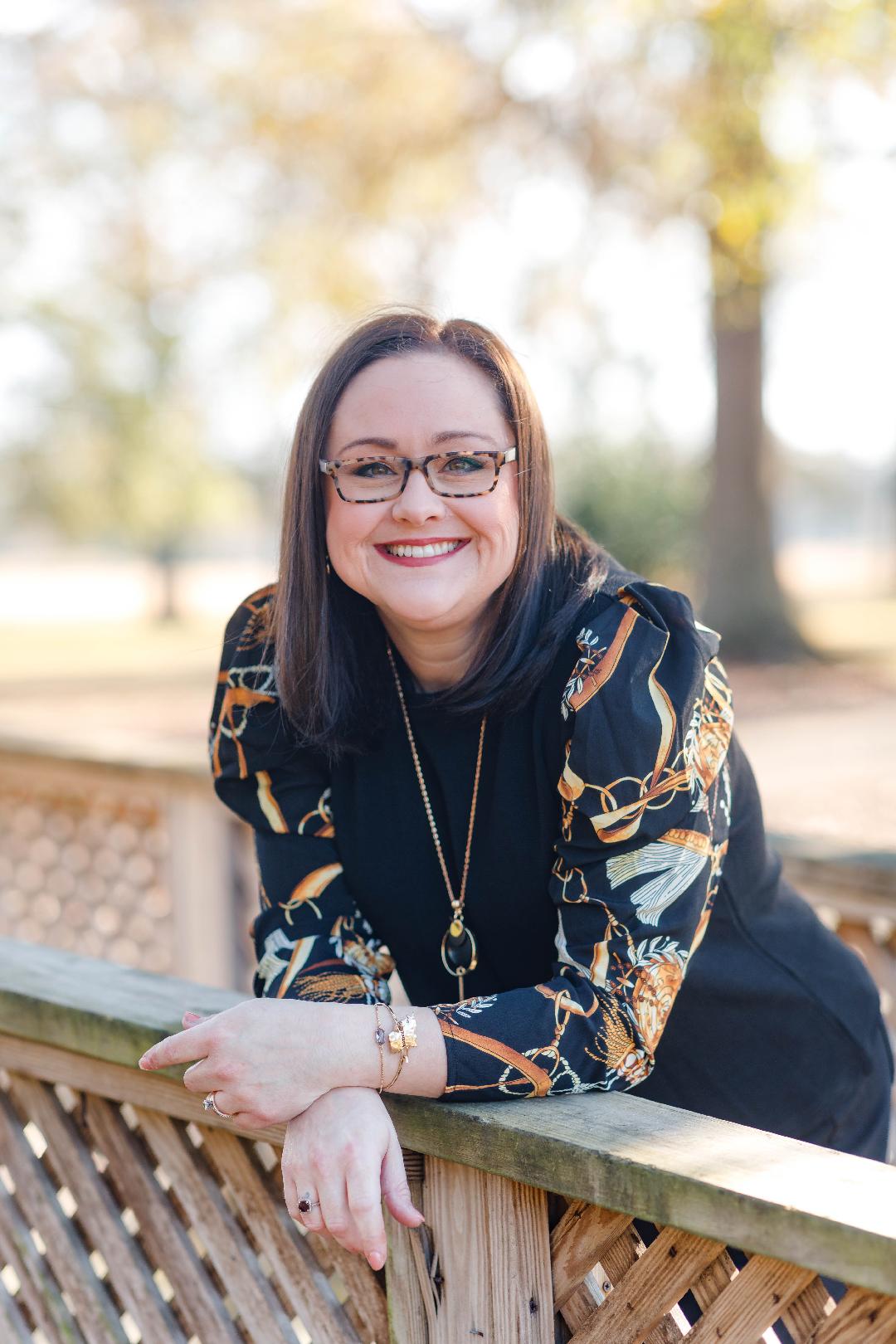That Librarian: The Fight Against Book Banning in America
by Amanda Jones
Middle-school librarian Amanda Jones spoke up against book banning at her local public library board meeting in the summer of 2022. For that, she has received death threats, been labeled a pedophile and a groomer, and been ostracized in the small town of Watson, La., where she has lived all her life.
That Librarian: The Fight Against Book Banning in America is Jones's love letter to libraries, reading, and intellectual freedom, as well as a testament to her incredible resilience in the face of danger and hatred. This part-memoir, part-handbook is both an intimate look at how she and her family have endured threats and harassment and an insightful glimpse into library procedures and legislation. Jones includes numerous screenshots, photos, and e-mails that, together, present a profound and layered image of the landscape of contemporary book banning. Interspersed through the facts and advice are tender, personal anecdotes and inspiring interactions with the children she has taught over the years.
The book opens with the death threat that Jones received after that first board meeting. It was one of many, and part of a campaign of hate mail and social media posts that continues to target her. Jones goes on to describe the intense pain, fear, and despair that she experienced when she first received those threats and the days when she would cry so much that her eyes bruised and swelled shut.
After the initial shock and hurt passed, Jones observes that "the pity party morphed into fury." She decided to fight back. Part of that fight included choosing not to ignore those who had attacked her. Jones took her harassers to court, suing them for defamation. The events of that public library meeting had given her new purpose: "to stick up for librarians and libraries, speak out for historically marginalized students and authors, fight back against online bullying, and help others find their voices to do the same."
That Librarian explores aspects of library collection development and shelving and the differences between public and school libraries. Jones also explains the challenge and reconsideration policies that exist when someone disagrees with a library's book procurement choice, as well the public library guidelines for unaccompanied minors, which state that it is the responsibility of parents to monitor their own children and which sections they are allowed to browse.
For Jones, libraries have always been "places of wonder" that she is fiercely protective of. Throughout the book, she supports others who are similarly minded by providing actionable steps to promote freedom of speech. For example, she describes, step-by-step, how to react and gather more information when someone claims that there are sexually explicit materials in the children's sections of the library, and also lists resources that can support librarians in their fight for intellectual freedom, such as PEN America's Harassment Field Manual.
Jones stresses the importance of community, media, and political support in this fight. She calls on social media users, news outlets, and politicians on both sides to be fair and rational. She extolls the virtues of open, non-threatening communication across political divides and urges people not to believe everything they see online.
She also encourages readers to find strategies to stand up against book bans and suggests methods to stay informed, such as voting in every election and attending school and library board meetings. Jones acknowledges: "Not every gesture has to be grand. If you're not comfortable speaking at public meetings, don't. You do need to show up, though." She goes on to list ways in which communities can show up to support their libraries and librarians, such as by creating solid alliances for their school and public libraries.
While Jones has lost some friends along the way because of her fight, she has also gained many more. She continues to periodically receive hate mail but also now receives letters of support from people she didn't even know. She gratefully states, "Each new message helped me heal" and reflects that there are more good people in the world than there are haters.
That Librarian is an earnest and accessible chronicle of modern-day book banning in America. With great honesty and vulnerability, Jones shares her lowest points with readers, but still manages to view everything she has experienced with pragmatism, humor, and goodwill. She even reflects with relief that, if this had to happen to anyone, she was glad that she was the chosen target of this hate campaign and not others from historically villainized groups who also spoke up that night.
Although Jones has experienced many devastating lows, she remains committed to the fight against censorship and finds ways to cope with the stress of harassment. She affirms, "It's not what other people say about us that determines whether we are winners or losers, but rather our reactions and what we stand for. My daughter thinks I am a badass, and that is everything to me." --Grace Rajendran



